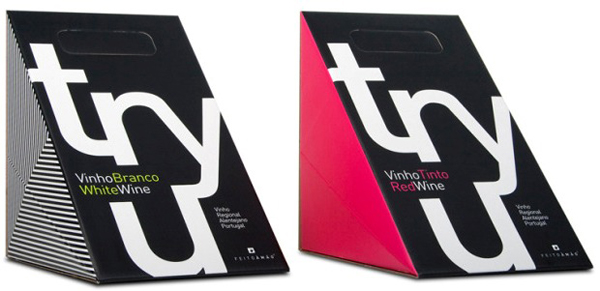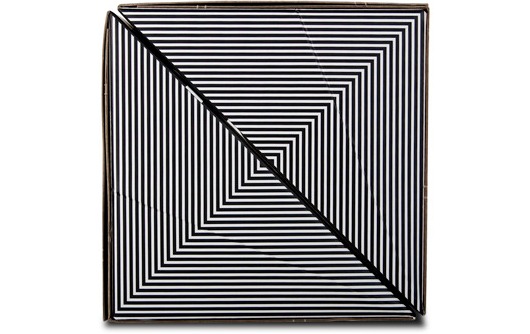Last week, in David Cameron’s address to the CBI, the main thrust of his speech centred on the need for this to be the ‘age of the entrepreneur’. Whilst I am not wearing any political heart on my sleeve, I did want to respond to his call to action. I believe that we are already very much living in the age of the entrepreneur and that if big business looked to the brand design business they would see examples of how entrepreneurial brands are already changing the status quo to carve a more successful path for their—and ergo the economy’s—future.
I’m not just trying to give us all a collective pat on the back but use this as a timely prompt to illustrate what this industry is already doing and should maybe be better recognized for. Whilst we have previously talked on Popsop about the entrepreneurial spirit of the new wave of Artisan brands, it’s not just about focusing on the start-up and how they are changing the brand design landscape. Maybe, and more importantly, it’s about also realising just what the established brands can gain from engaging and working with the true challenger spirit and behaviour that is at the heart of each and every successful entrepreneur.
Essentially, entrepreneurs challenge the dominant paradigms of their market and our culture and aim to replace them. In doing so they fulfill an unmet need and represent a new way of behaving, thinking or being. Ultimately, they take part in and contribute to the big cultural shifts we experience.
There are so many examples of refreshingly innovative new brands—that are showing real potential in shaping the direction of their markets— that it is hard to know where to start to list them. But taking just one to highlight the point. Boa Boca is a Portugal-based gourmet brand which has just launched Tryu—a boxed wine. Boxed wines are starting to gain acceptance and popularity but they have still been struggling to shed their non-premium feel.
Boa Boca has overcome the low-end feel of boxed wines with a new wedge-shaped statement box. This structure matched with a bold use of pattern, bright colours and a fun, but sparse, arrangement of typography, makes for a very interesting offer. And, on shelf, the boxes can fit together to form a perfect cube depicting a unique and geometric pattern.
And, at the other end of the spectrum, Yeo Valley is a very topical example of what established brands can be doing to change and challenge a brand persona and a brand market. We recently worked with them on the creation of a new bold and brave identity. We’re really not trying to take all the credit here, but the now infamous ‘Yeo Valley Rap’ TV ad (with the new identity at its heart) truly shows how challenger/entrepreneurial design and behaviour can set brands on a new and iconic path.
I appreciate that designers are already masters at embracing change but it’s absolutely not about encouraging brands and business to make change just for the sake of change—or even about huge revenue investment. I think our role—aside from the job in hand obviously—is about maybe being a bit more vociferous about spreading the learning to the wider world: the learning that shows the benefit to be reaped from investing in an entrepreneurial mindset, recognising key entrepreneurial attributes and harnessing the desirability of them through unique and impactful brand design.
About the Author
Jonathan Ford is a designer and co-founding partner of Pearlfisher. He oversees a portfolio of award-winning designs, including a high profile list of ethical, entrepreneurial and iconic brands. He is also a frequent speaker at high-profile international industry events and regular contributor and commentator in the design and brand press.
Jonathan can also be followed on Twitter—@Jforddesigns


